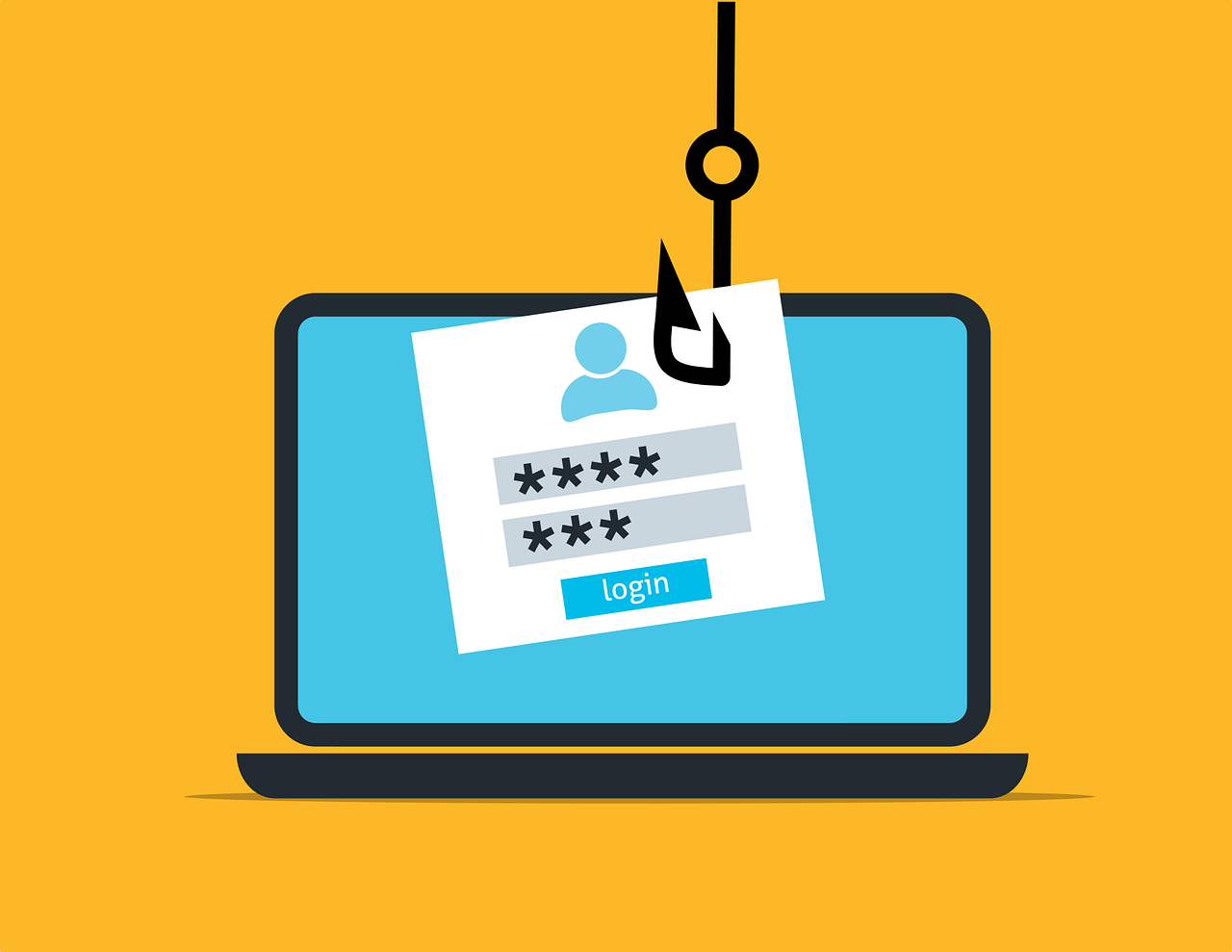What Is a Phishing Attack?
Phishing is a type of cybercrime in which victims are communicated via email and are duped into believing that the sender is trustworthy or that the communication came from a credible institution. The primary goal of this kind of digital crime is to manipulate victims to click on a malicious link, install a specific app, or disclose private and sensitive information that can lead to identity theft or financial loss.
How Phishing Works
Basically, phishing works by applying the techniques used in email or in other forms of computer-based communications, such as Business Email Compromise, or impersonation emails to targeted to employees of an organization.
At the onset, the phisher will collect all available information from the victim’s social media accounts or professional platforms such as LinkedIn. This information can range from basic facts, hobbies, work history, email address, current job, and other pertinent information. Once this information is gathered, an email will be thoroughly crafted in order to make it legitimate and believable.
The email will be sent to the victim and will appear to have been sent from someone he knows or a legitimate organization. This email can contain a hazardous file attachment or links that can redirect you to a malicious website. Whatever way it will be, the end goal that needs to be achieved is to install malware on the victim’s device or direct him to a fake website. This fake website will contain surveys or questionnaires that will ask about the victims’ financial data, bank accounts, passwords, and even details of their credit cards.
As hackers become more adept, ineffective and unpersuasive emails are now diminishing as well-crafted emails that seem to be crafted by an email specialist have become prevalent.
Types of Phishing
Since there are various formats present on the internet, hackers have been expert in navigating those, making them skillful not just in one way but in numerous kinds of phishing, such as:
- Email Phishing: Most phishing attacks are sent by email. The crook/cyberattacker will register a fake domain that mimics a genuine organization and sends thousands of generic requests.
- Pharming: During this digital attack, harmful codes are installed on the victim’s computer. These codes will direct the victim to a fake website that is digitally designed to collect credentials.
- Whaling: Whaling attacks are even more targeted, taking aim at senior executives. Although the end goal of whaling is the same as any other kind of phishing attack, it is more specific and is crafted better to gain the attention of an employee.
- Clone Phishing: This kind of phishing deceives victims by receiving an identical copy of an email or message that was already sent to them. These messages can have “resending this” or “correction” while attaching a malicious link.
How to Protect Yourself and Your Organization from Phishing Attacks
Because phishing has become so common, simply having the information will not be enough to protect yourself or the organization you work for. That is why Sophos has developed 30 security awareness training modules that cover relevant topics such as security and compliance. Companies and their employees can benefit from Sophos Phish Threat which incorporates testing and educating employees through simulated phishing as well as training in quality security awareness. This training is designed to be easy, simple, and user-friendly so that members of the organization will be equipped when a real phishing attack happens.
With 9 languages available. Sophos Phish Threats will allow its users to have an interactive, engaging, and immersive training experience while simultaneously reaping the benefits of Sophos Central. Furthermore, training is tailored to fit the users’ level; it may be for beginners or experts.
In today’s digital era, cybercrimes like phishing have saturated the internet space. This has caused millions of money lost as well as crimes that are done by using other identities. With this, it is important to be guarded with security software that protects users from viruses but also trains them to be savvy when it comes to identifying, preventing, and combating phishing. Sophos Phish Threats is an excellent solution for this digital dilemma. With Sophos Central and Sophos email, users are protected while being educated.
If you are looking for a trusted Sophos provider, then check out Wordtext Systems Inc. WSI is a leading distributor of IT products in the Philippines for more than 40 years. Should you have inquiries, feel free to contact +63 2 8858 5555 or email sophosinquiries@wsiphil.com.ph today.


